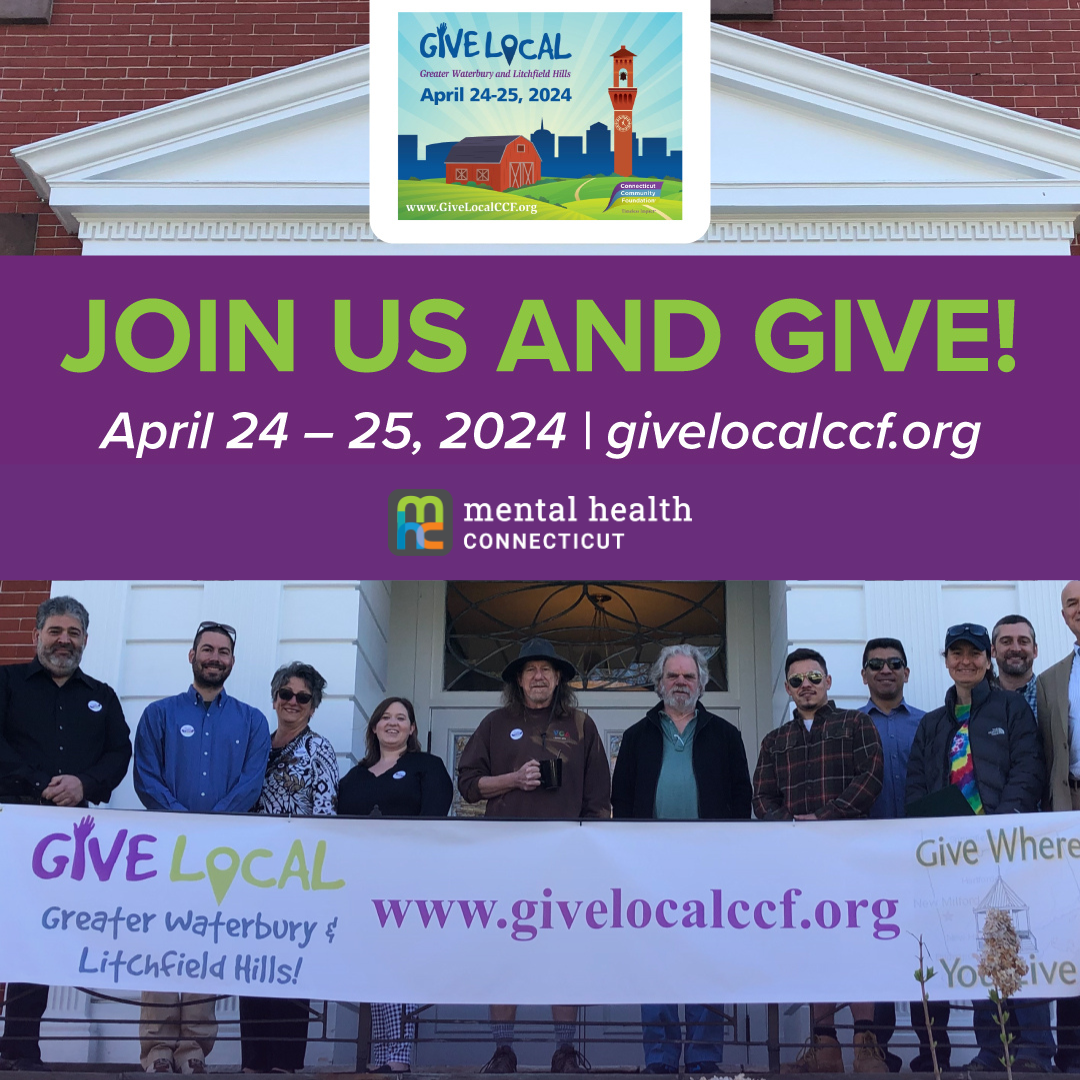
Sabrina Rivera has a vision of a world in which people don’t judge others based on their perceived mental or physical capabilities but rather take the time to really know and see the people for who they are.
Rivera knows firsthand how tough the ideal might be to create — she is one of those people living with an often misunderstood chronic illness — but she remains optimistic that change is possible.
Rivera’s journey began when she was a senior in college, a time she describes as “one of the most stressful points in my life to that point.” She noticed that her left pinky finger was feeling numb. “I didn’t think much of it,” she says. “I was only focusing on my work.”
That numbness in one finger progressed, however, ultimately moving to include the entire left side of her body. “I finally realized I needed to do something about it,” she says. Not long after that decision, Rivera learned that she had multiple sclerosis.
“When I was diagnosed with MS, I didn’t quite realize the emotional and mental impact it would have,” the 24-year-old says. “I knew it was something that was going to be detrimental. You don’t know what the future holds and there’s a lot of anxiety.”
Today, after years of therapy to help her navigate her new world, Rivera considers herself among the blessed. “I’m fortunate in an unfortunate circumstance,” she says. “It doesn’t affect my everyday life physically.” She does, however, have cognitive issues such as brain fog and motivation challenges, symptoms that people can often perceive — and dismiss — as character flaws.
“I had to come to terms with the fact that this chronic illness was way more than physical for me,” she says. “I have to learn to navigate that and not feel guilty over it.”
“I get in my head a lot of the time and I’m a bit of a perfectionist and that means I’ve developed this all-or-nothing mentality,” she continues. “If it’s not perfect, the best I can do, what’s the point of doing it at all. On those days, I struggle with thoughts of insecurity, of not being good enough.”
Rivera wants to share her challenges of dealing with the invisible effects of a chronic disease to help remind others not to make assumptions about behaviors without looking into the full story. “My MS is not what you typically think of when you think of someone with MS,” she says. “People who are not in a wheelchair can still be experiencing a disability.
“I really want to focus on the fact that mental health, although it’s something that can’t be seen as similar to any chronic disability or illness, it’s a valid experience that we all go through,” she says. “It’s not ever your fault and we should be living in a society where there’s no guilt and shame surrounded by these struggles.”


